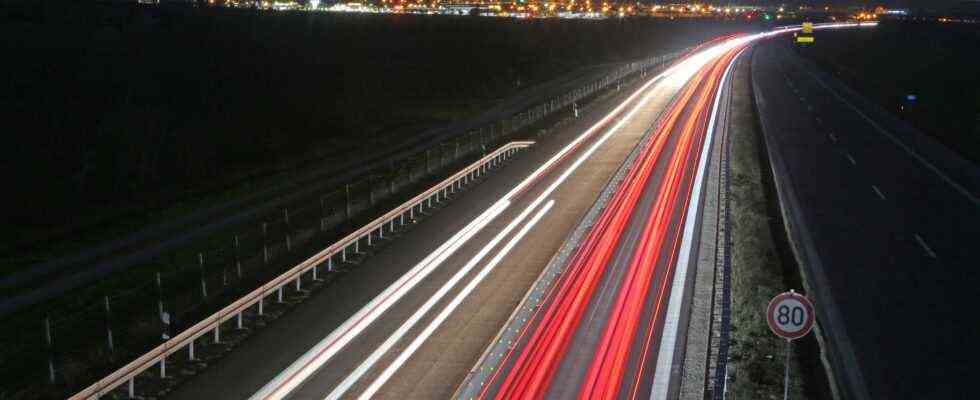Status: 07/15/2021 11:32 a.m.
The EU Commission’s climate proposals are just the starting shot – now the haggling over concrete measures begins. CDU boss Laschet brakes. The Federal Minister of Transport is likely to have a lot of work to do.
From Marcel Heberlein,
ARD capital studio
Frans Timmermans, Vice-President of the EU Commission, did not even try to downplay the task: “We have to be honest: it is difficult, but we have to do it.”
By 2030 the EU wants to emit 55 percent less CO2 than in 1990. Difficult, but it still has to be, says Timmermans. A European emissions trading scheme for traffic and heating, a tax on kerosene on flights within Europe and tougher savings targets for the car industry – the EU proposals are tough.
Robert Habeck, the German Greens leader, is happy that something is happening. “Going in the right direction,” says Habeck. “The EU does what the Federal Government does not. The Federal Government is sleeping and has stopped working. The Commission is putting forward very sophisticated proposals.”
Challenge for the automotive industry
The EU Commission sets the pace for climate protection. All economic sectors in Germany will have to stretch to achieve the new goals, but the automotive industry in particular. According to the EU plan, it should save significantly more CO2 by 2030 than previously planned.
The car manufacturers will therefore have to sell a lot more e-cars in the next few years, otherwise fines are threatened. According to the will of the EU Commission, no new petrol and diesel vehicles should be approved by 2035 at the latest – one of the points that will certainly be the subject of much controversy between the European governments, the EU Parliament and the Commission in the coming months.
Laschet: There is a combustion engine exit
CDU boss Armin Laschet is already positioning himself. He does not think that politicians should set a date for the combustion engine phase-out. That will come about, says Laschet, referring to the plans of the automakers. However, these were also created under the pressure of the approaching EU laws.
The VW subsidiary Audi, for example, recently reported that it no longer wants to develop new combustion cars from 2026 onwards. The EU climate package could still increase the pressure on the new German transport minister after the election, speculates Jochen Flasbarth, State Secretary in the Ministry of the Environment. “We have only planned the additional reductions for traffic towards the end of this decade. In the light of the proposals that have now been submitted, it may well be that the Minister of Transport will also have to make contributions earlier than he had previously intended.”
Need for action in industry
But not only the transport sector has to do more, industry too. The chemical and steel industries, for example, have to adapt. Holger Lösch, from the Federation of German Industry, is worried about competitiveness. “I see a huge need for discussion. How do we protect companies in the transition from other countries continuously doing less than they have promised and continuously doing less than Europe is doing?”
Fridays for Future: Kim suggestions insufficient
There are also concerns in the environmental scene. Carla Reemtsma from Fridays for Future thinks: “The EU proposals are miles away from what it takes to meet the Paris climate target of a maximum of 1.5 degrees global warming.”
But nothing has been decided yet. The EU Parliament will want to sharpen many passages. And the EU Commission has already made one thing clear: Whoever wants to weaken the program at one point will have to say where more should be done instead.
Reactions to the EU climate package
Marcel Heberlein, ARD Berlin, July 14, 2021 9:06 p.m.

